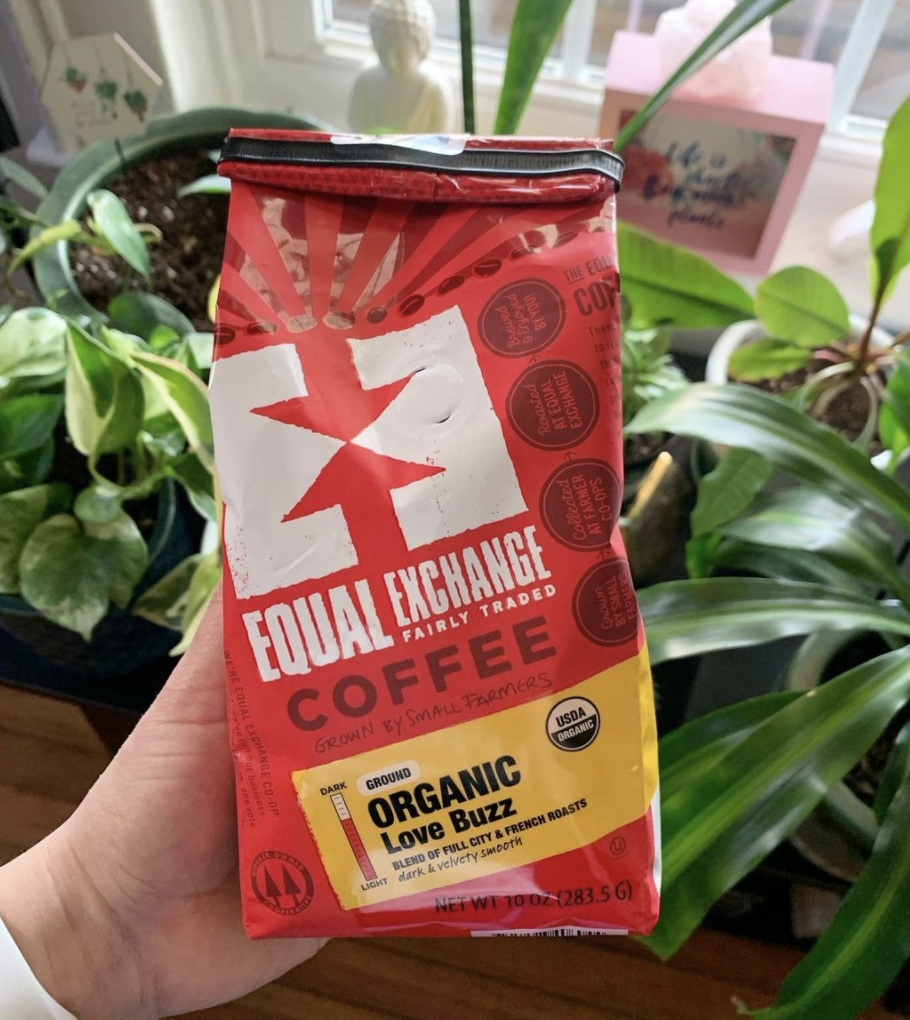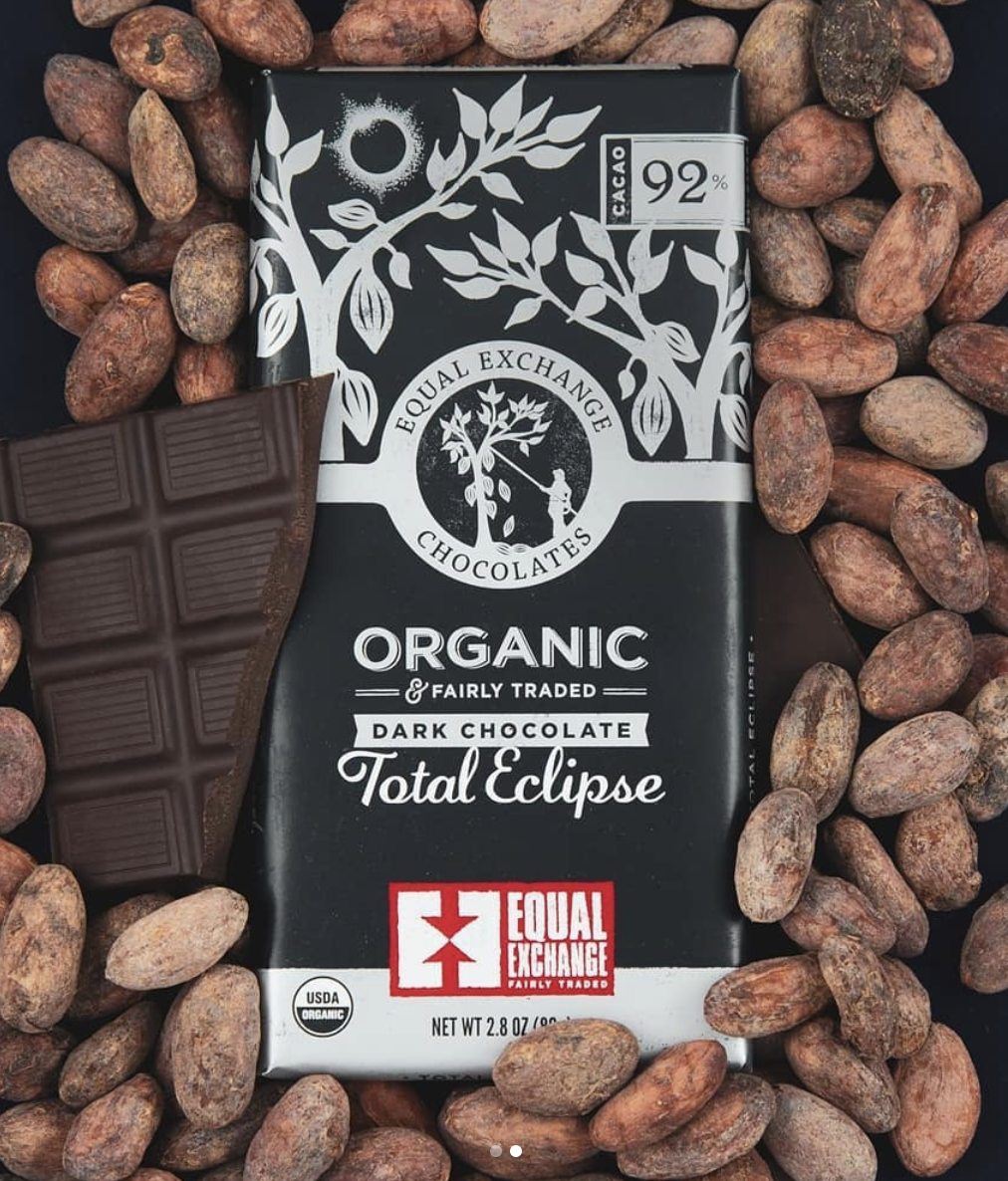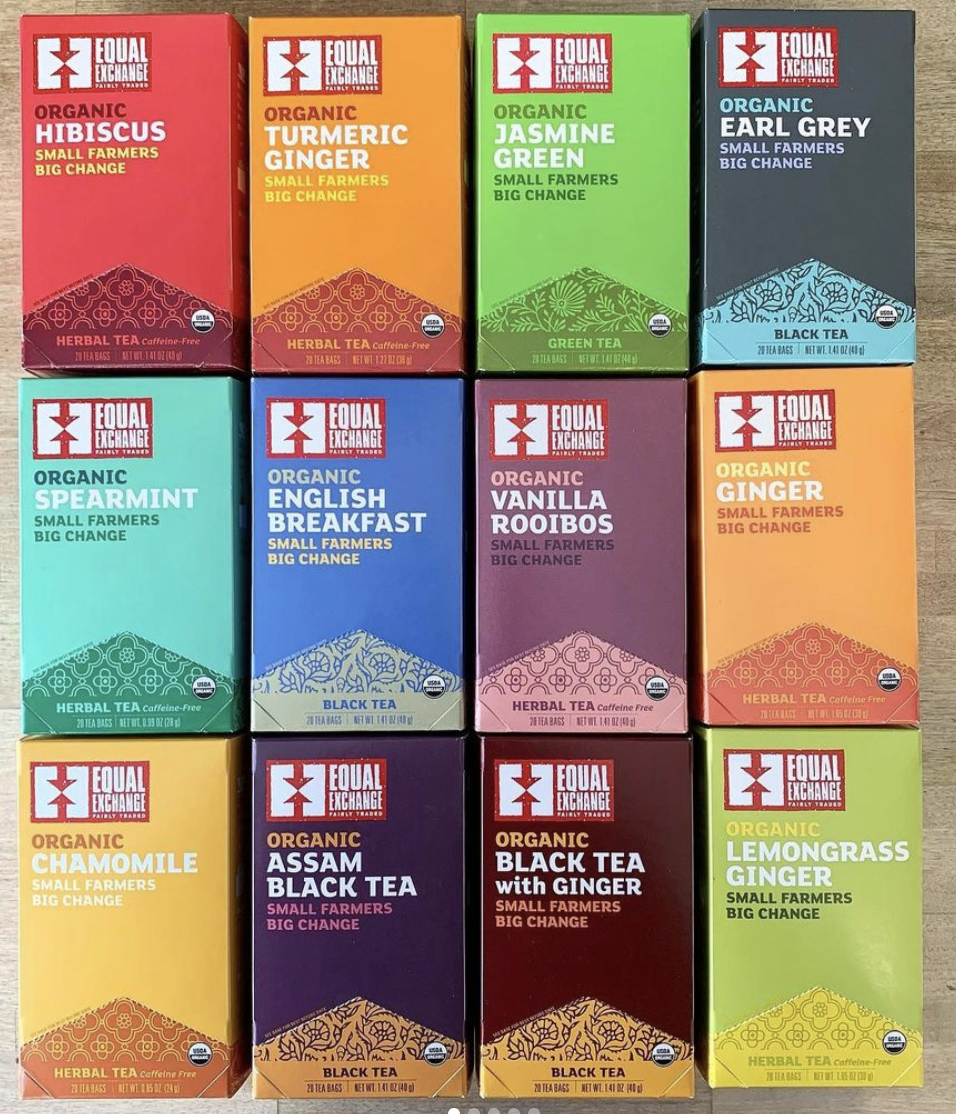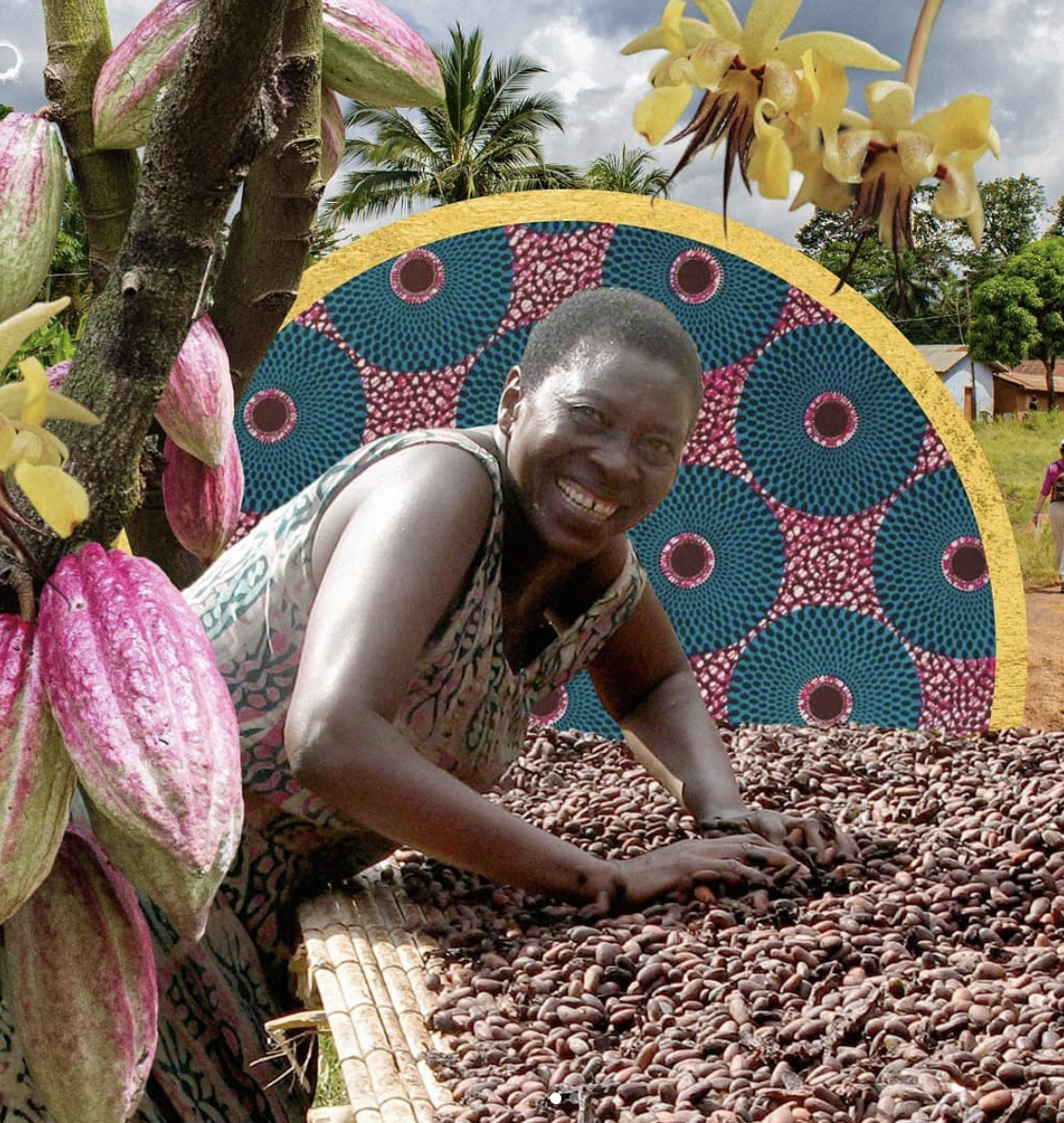Equal Exchange: From Farmer to Consumer
Written by Rink Dickinson, President, Equal Exchange
If you’ve ever shopped at the Boise Co-op before, you may have seen this brand pop up in our coffee, tea, and chocolate collection (press the link below to shop). So what is Equal Exchange?
Unlike All of Our Competitors
Equal Exchange is a non-capitalist organization. Like other businesses we buy, sell, produce, distribute, and market products. We strive to make a surplus based on the difference between our costs and selling price but we are not here to maximize or accumulate profit.
Two key elements of our success have been our unfailing commitment to our mission and our engagement in the market. Unlike virtually all of the natural foods brands we compete against, we are not an object to be leveraged or bought. As capitalist enterprises, most of our competitors are objects or potential objects to be acquired. As a result, they can create and enjoy false economics in which they do not gain surplus from the buying and selling of products but still succeed as chess pieces to be acquired.
In the game of brand and supply chain acquisition perhaps the highest commodity to be acquired is a virtuous image. As big capitalist players channel marketing dollars in this pursuit, the space for alternative organizations working within the market to create actual social or economic change on a structural level is constantly shrinking. That’s why we, and alternative trade organizations like us, need to build conscious direct participation from citizen-consumers if there is going to be any real potential to reform the market. We need your support. We need your participation.
Our Unique Opportunity
Equal Exchange is one of the leading actors with the most capacity to build a path for radical reform in the market. We are a model because we have decades of experience organizing small farmers and citizen-consumers. We manufacture. We market. And, we have remained steadfastly committed to the three legs of the stool: farmers and their democratic organizations, workers and their democratic organization, and in citizen-consumers who now have a democratic space in our organization as well as their own network.
Because we started with a deep commitment to mission and have had the opportunity to work with producer groups as they have struggled and succeeded, we understand that radical economics are challenging but they can work. We’ve proven that there is a viable alternative. Just like our producer partners, we are constrained by the market but we know that other paths exist and that we have been effective at building a decentralized democratic international trade model.
So how do we move forward? How do we not only protect what we’ve built but actually grow it? Well, we need to build real consumer engagement and democracy. We need to bring more people into our organization as citizen-consumers and organize to act and leverage the market in solidarity with farmers. And, we need to keep trading. First and foremost, we do this through our consumption of small farmer products, thus fueling the alternative economic system we’ve built and strengthening the opportunities for small farmer cooperatives and Equal Exchange. This strength will allow us to take risks like we did in 2005 when we bought a building, built a roastery, and organized ourselves to purchase and store a vast inventory of green coffee beans purchased directly from farmer co-ops. This strength also allowed us to make a series of solidarity investments in other alternative trade organizations and to build our alternative trade ecosystem with Oke USA, Equal Exchange UK, and La Siembra in Canada.
In this challenging market environment, it is more important than ever to position ourselves to try new things, expand our thinking about what types of activities we can and should engage in, and to take risks. We thank you for your economic support and for your participation in our model and our organization. We ask you to think about how you can grow this model with us through bringing more people into our democratic citizen-consumer space and through putting more of your food dollars into this system. What would it take to put 5% of your food dollars to work as food purchases through Equal Exchange? How can the organization support that in return? What would it take to grow our citizen-consumer network by a multiple of five or ten? Let’s keep building together.






